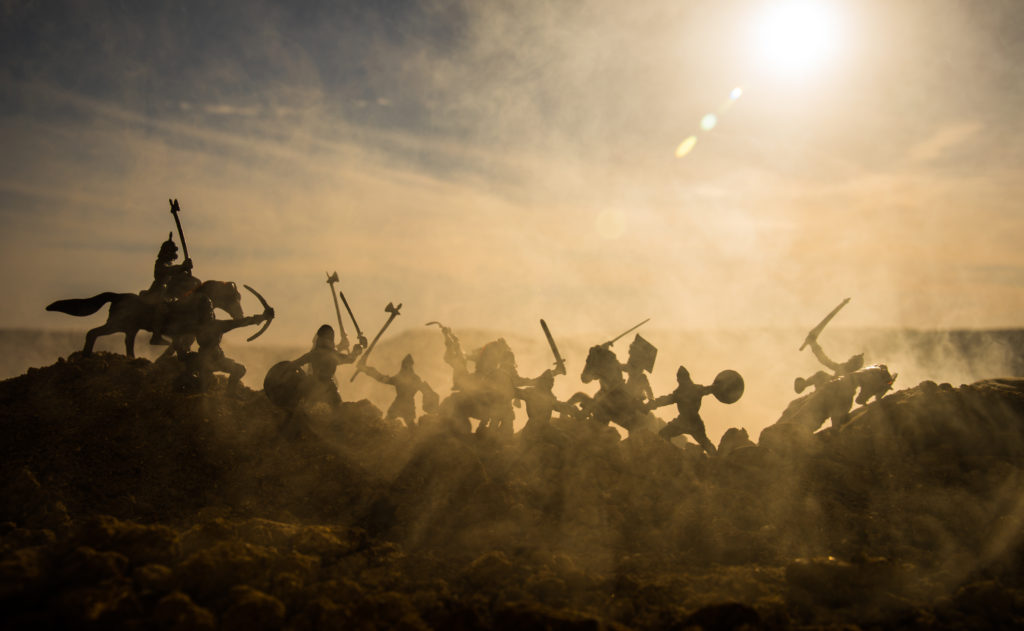The blueberry battle
Our letting go muscles are useful for more than just accepting and receiving help. They serve us when our inner child goes into battle with our parent. The battle may look new, but peel back the layers and uncover the struggles of an adolescent and parent, a teen and parent co-existing in a button pushing, trigger minefield. We didn’t expect to be plopped back into the nest and forced to face hidden unresolved issues, yet here we are. I was ready to die on a hill of blueberries. The 2lb, resealable, blueberry bag in the freezer, once again looked like a squirrel had torn into it. Eventually, we hit on a solution that worked. Dad had free access to blueberries and we had an intact bag. Blueberry fingerprints still covered the fridge handle and countertops, but this was manageable fallout.
I don’t know what underlying issue the blueberry battle represented, but it repeated itself over and over in different forms until I got it. Once I better understood my position in this dance, I was able to see the battle damage to our roles, to our relationship. Battle scars were going to appear as lines on my face if I didn’t change tactics.
“Anger is an acid that can do more harm to the vessel in which it’s stored than to anything on which it’s poured.” Mark Twain
Anger and resentment can be automatic responses when the unhealed place inside us takes a direct hit. Not being in control can be a powerful trigger and the tighter we hold on, the more control we relinquish. Knowledge is power; awareness will help shed light on the cause of an overreaction or unnecessary confrontation. Caregiving for a family member offers significant opportunity for healing and growth.
When winning is losing
The time we spend on pushing against immovable objects is time lost on reaching our meaningful objectives. What is the cost of winning vs the cost of losing? You make your point. It is heard, resented and disregarded. What are the objectives of your caregiving journey? What is your goal? Your end game? To come out of this intact? For your family member to experience peace, feel supported? For you to come through the experience healthy and whole? Write out your objectives. “Begin with the end in mind” as Steven Covey says. Does winning this battle help you achieve your objectives or does it derail your momentum?
It would be too simple and unrealistic to say that the goal was to keep Dad alive. It would be missing the entire point. That is not how this ends. Denial would destroy the opportunity for a meaningful journey. A meaningful journey is the goal; the goal is a meaningful journey. When I begin with the end in mind, differing paths to the common objective no longer seem like battles. We are on the same team. This strategy helps us achieve a win / win outcome.
“Let all your efforts be directed to something, let it keep that end in view. It’s not activity that disturbs people, but false conceptions of things that drive them mad.” Seneca
Possible objectives of a caregiving journey:
- Honor caree’s wishes
- Age in place as long as possible
- Maintain independence
- Maintain dignity
- For both carer and caree
- Make health a priority
- Keep a life
- Find happiness in the present moment
- Recognize and let go of control
- Recognize and accept help
- Appreciate what is
- Record the journey
Safety vs independence can lead to the most epic battles and leave a path of destruction that takes ages to clear. Driving, ladders, medicine management, mobility aids are all land mines. When we focus on our goal and our objectives, it can help the conversations flow in less combative, more collaborative, productive, win/win directions. Shed the battle armor and sustain your caregiving experience.
Navigating the Caregiver River: A Journey to Sustainable Caregiving is available on Amazon. Also, check out the Self-Caregiving Strategies Podcast.
Schedule Theresa Wilbanks to speak on caregiving and empower the caregivers in your workplace or community with the 12 Sustainable Caregiving Strategies.
Advice offered is for general information only; please contact your healthcare team, legal or financial advisors to guide your particular situation.


Pingback: Getting to Win-Win with Older Parents: 3 Obstacles 3 Solutions - Sustainable Caregiving™
Pingback: Caregiving Conflict: The Role of the Ego - Sustainable Caregiving™